Iraq
Perseverance is one of our five key priorities at Operation Mercy. In our city, we often meet children and families who have endured immense hardship — through war, the loss of loved ones, disability, and a lack of resources. While the weight of these challenges can crush some, others find the strength to persevere through them. Haneen and her family are a remarkable example of perseverance in action.
When I first met Haneen, it was at the request of a local resident whose heart broke for this family. Haneen was one of five children — four of whom have quadriplegic cerebral palsy and are completely dependent on their caregivers. Their mother had been widowed five years earlier, after losing her husband shortly after the family survived the occupation and war that had terrorised their city.
Haneen, the youngest of the four children with disabilities, still had some mobility potential. Her three older siblings already had severe contractures that made it almost impossible for them to maintain a normal sitting position. Their mother worked tirelessly — cleaning, feeding, changing, and caring for them day and night. Despite the overwhelming challenges, she remained determined to do her best for her children. Yet she held a special hope for Haneen — that one day her youngest daughter might become more mobile and independent than her siblings.
One of our physiotherapists began working with Haneen, initially aiming to improve any functional movement that might ease her mother’s daily workload. But soon, both the mother and Haneen’s younger sister caught the spark of hope that Haneen could achieve things her siblings had never been able to do.
Today, Haneen can maintain a proper sitting position on the floor. She can roll, crawl, and stand in a gait trainer — and she is now working towards taking independent steps in it. Most wonderfully, she has become a source of joy to everyone around her, greeting visitors at the door with a radiant smile as she stands proudly by the window.
It has been our joy at Operation Mercy Iraq to persevere alongside Haneen and her family, witnessing the incredible progress she has made. For Haneen, perseverance through challenge has become her path — and her hope — for the future.
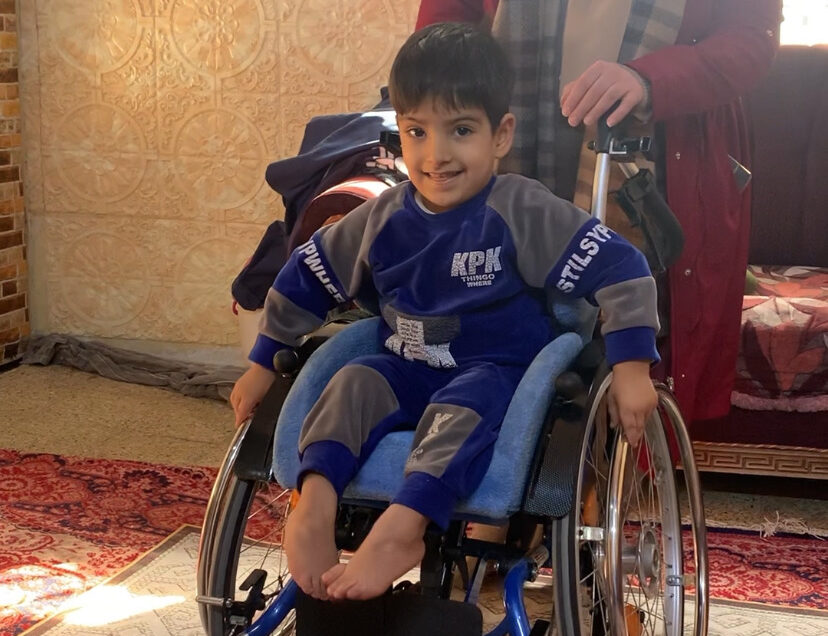
Exploring New Ways of Moving
Yousif, a 4-year-old diagnosed with spina bifida, lay curled up in the corner of the living room floor. The doctors had told his family to give up hope—he was disabled and would remain that way for the rest of his life.
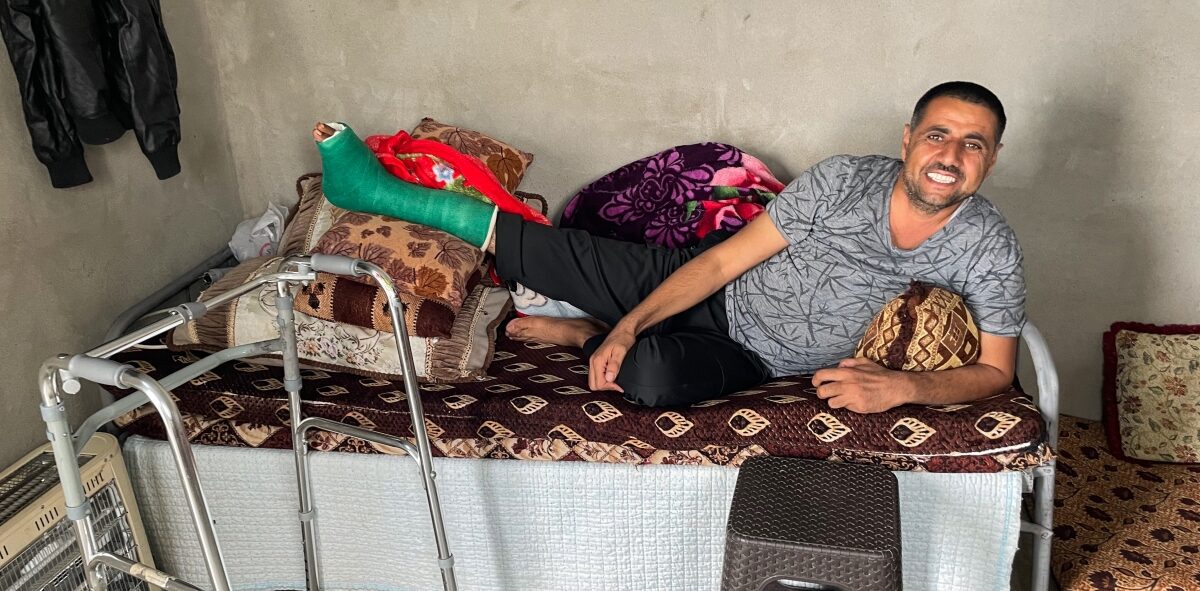
Partnerships for Good
He now has a stable home for him and his family and is walking on his “new” foot.
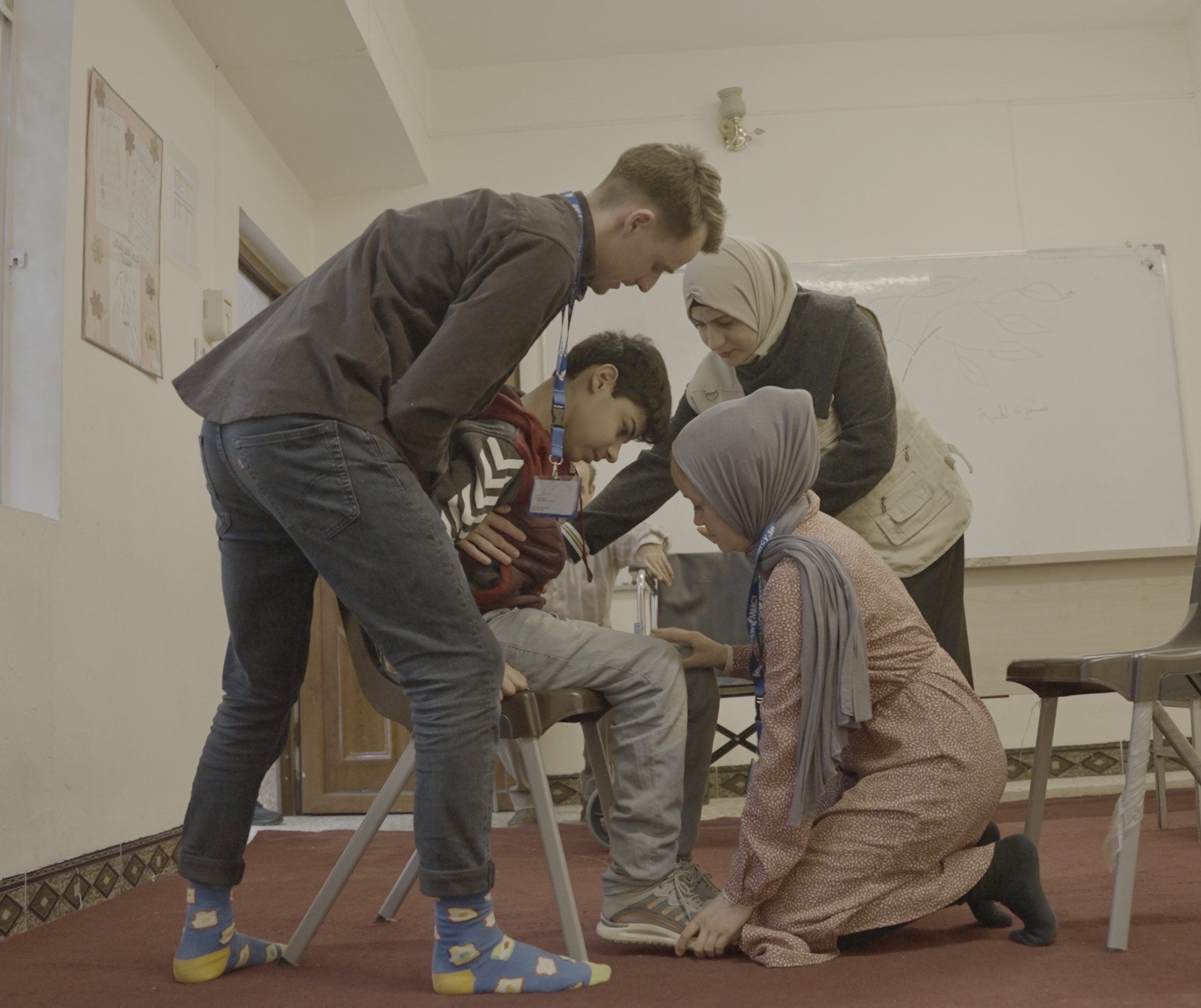
Truth Boost
In spring 2023 we partnered with another NGO. Their local staff were running a centre in the old city for children with learning disabilities.
They wanted to integrate children with physical disabilities and asked our physical therapist (PT) and our occupational therapist (OT) to work specifically with these children.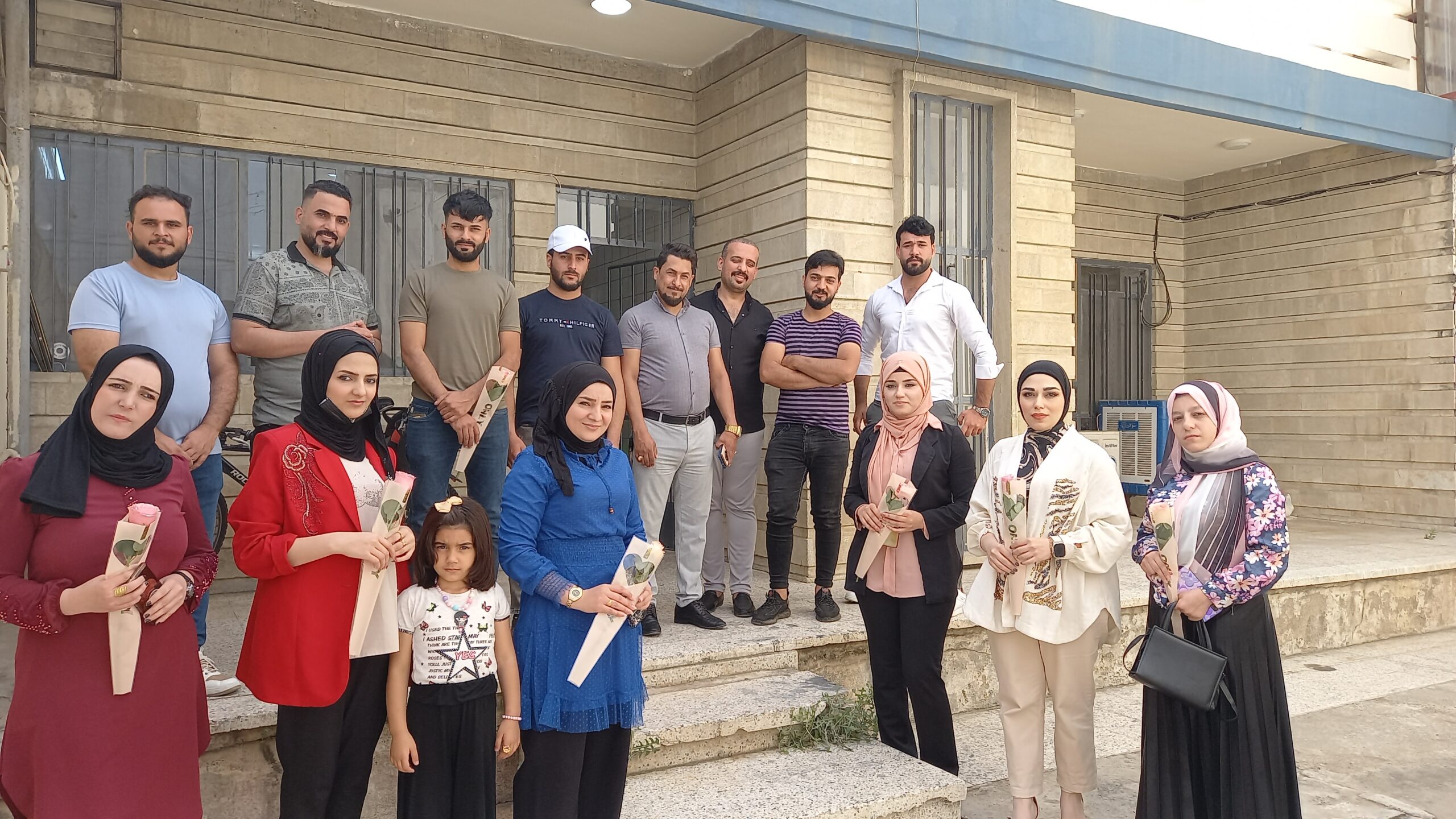
Character Affects Relationships
While attending a character development training, Heba was reminded of a past conflict with her manager and close friend at work. Once, while her manager was traveling,
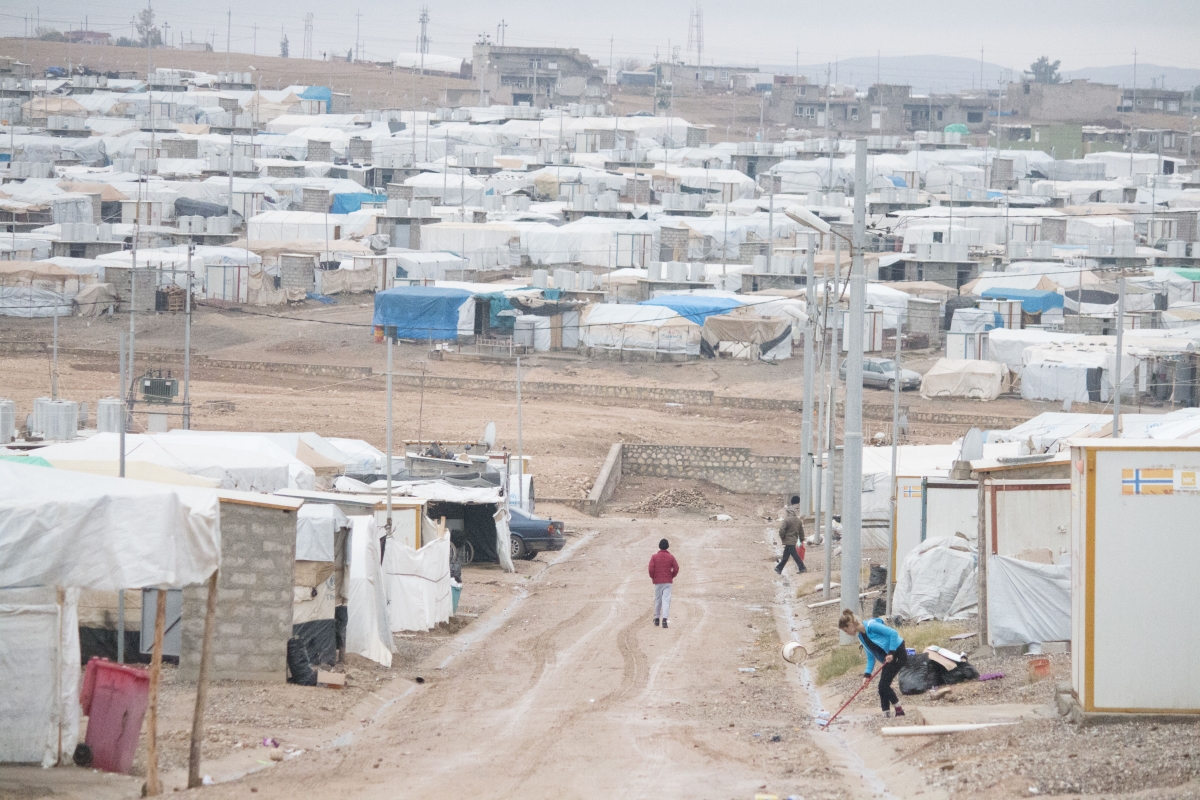
Wheelchair Gives New Hope in Life
The wheelchair has not only contributed to Amir’s improvement physically, but emotionally and psychologically as well.
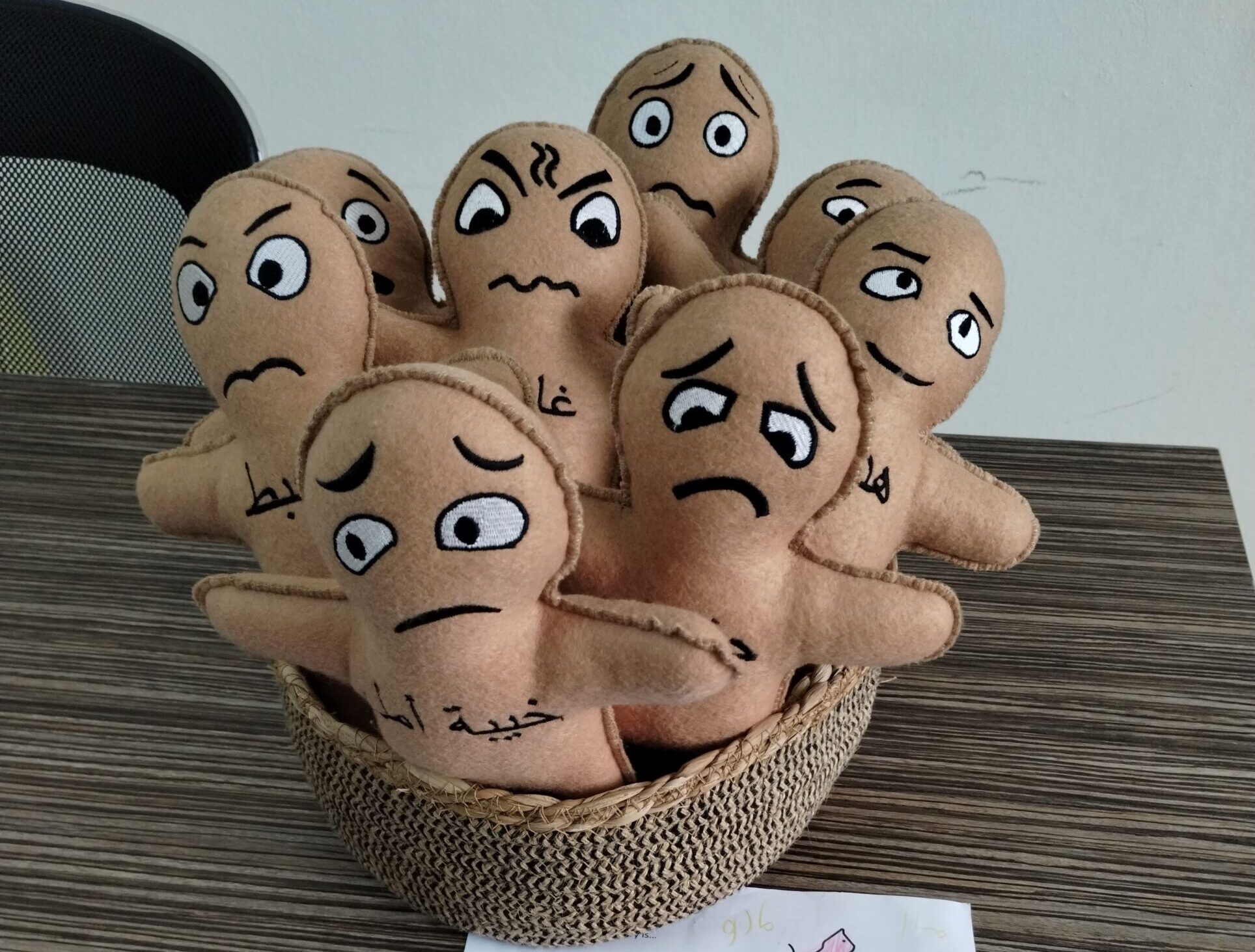
Healing and Growth
During a wedding in a small local village a large fire broke out!
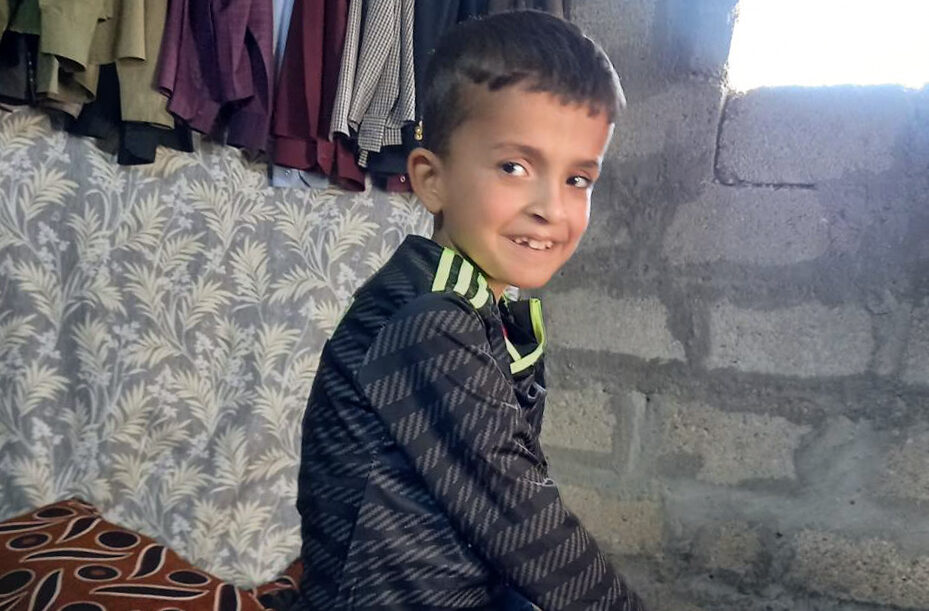
Hope Stored in His Heart
Most of all we sense that Haitham now has hope stored in his heart that he did not have before.
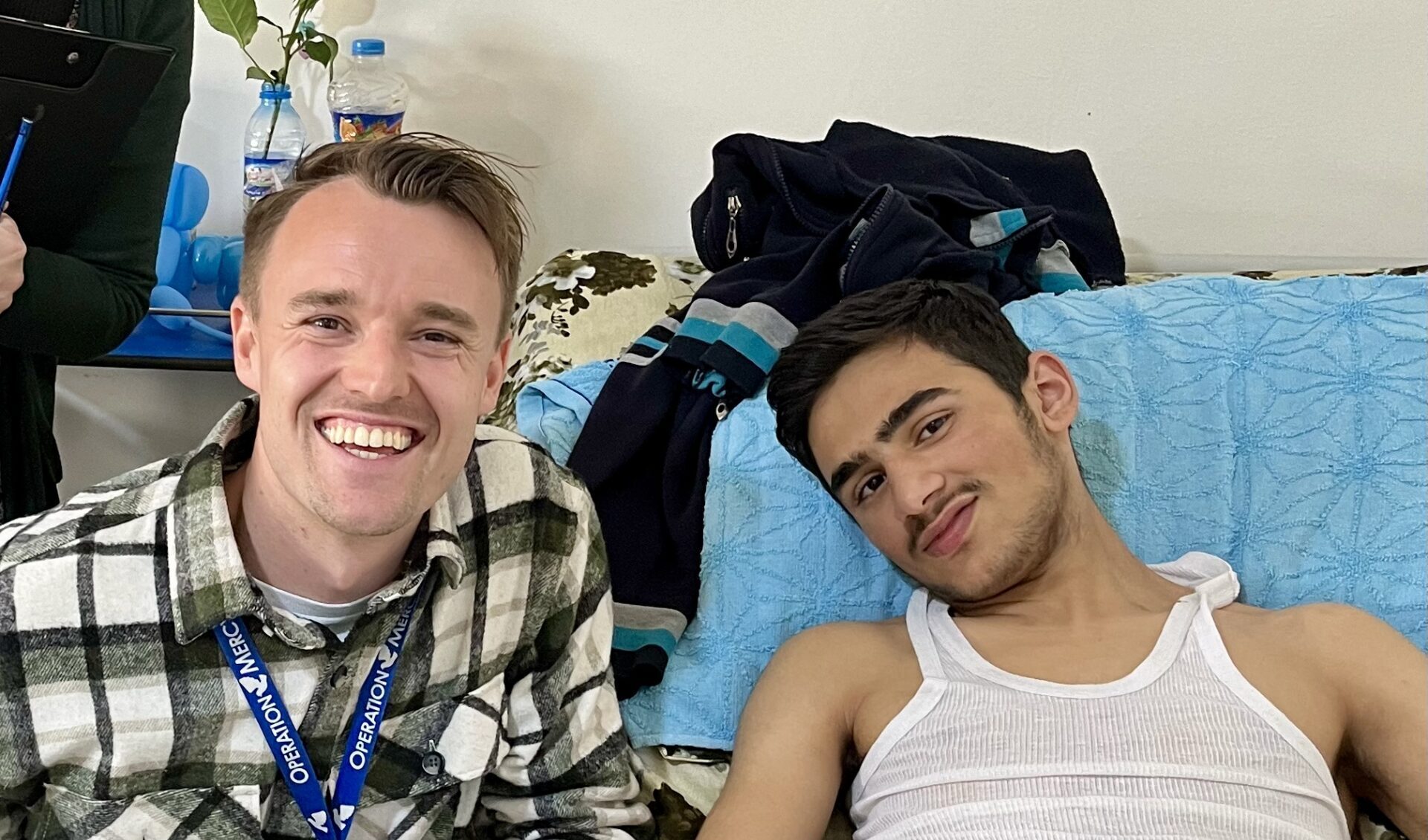
New Found Confidence
During the last couple of weeks, Ahmed’s gait and posture have significantly improved.
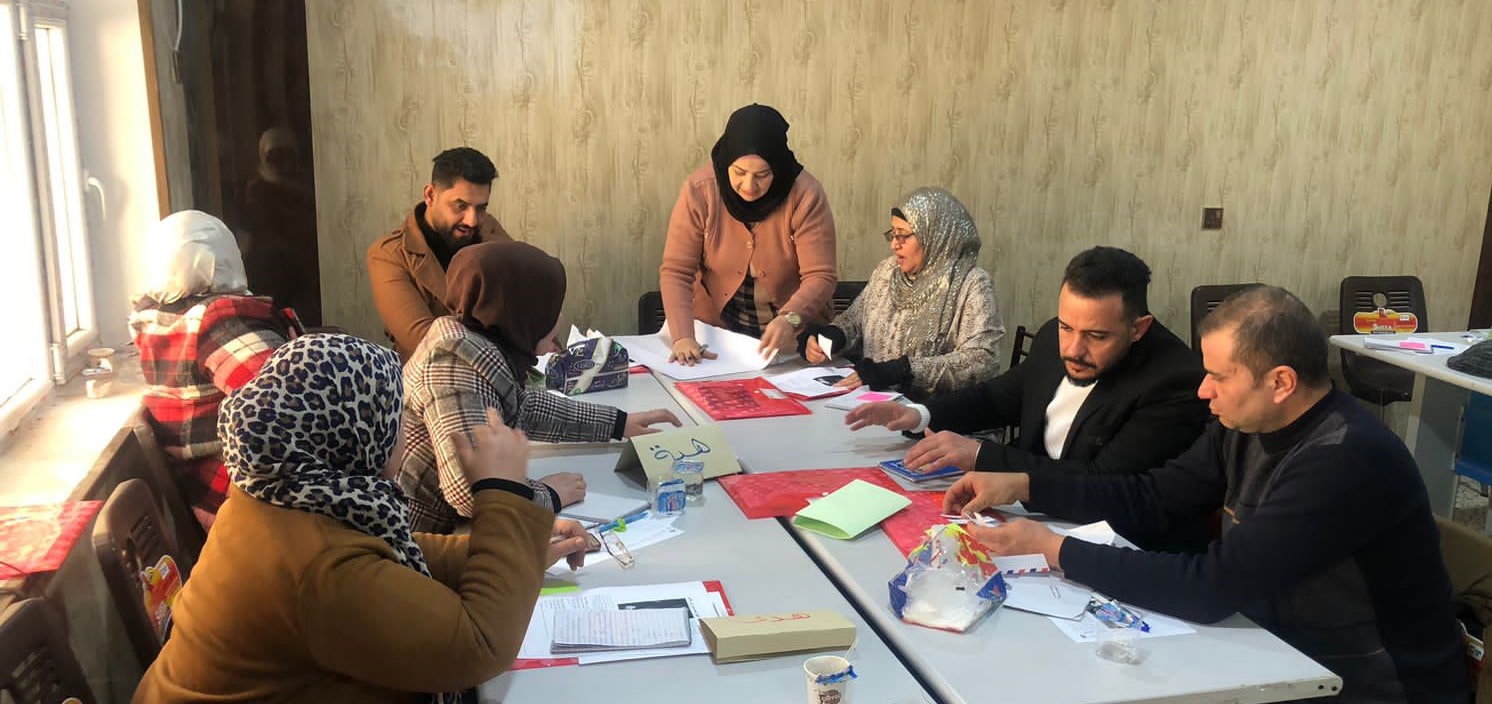
Character Affects Relationships
“Where did you learn gratitude? It seems that your teacher is teaching you some moral matters.”
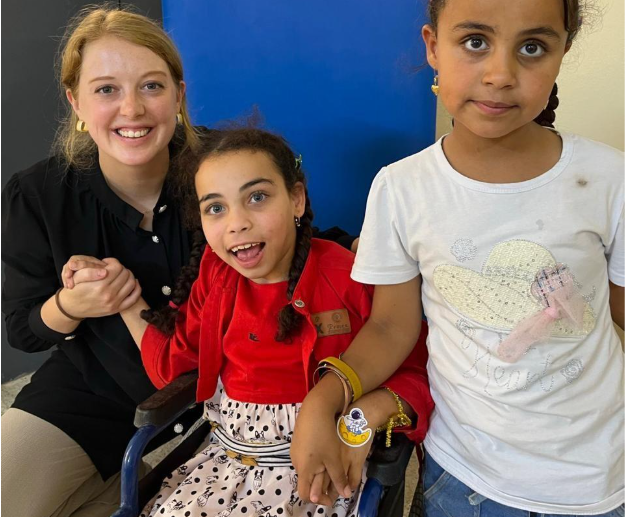
A Family Effort
Perseverance is one of our five key priorities at Operation Mercy. In our city, we often meet children and families who have endured immense hardship — through war,
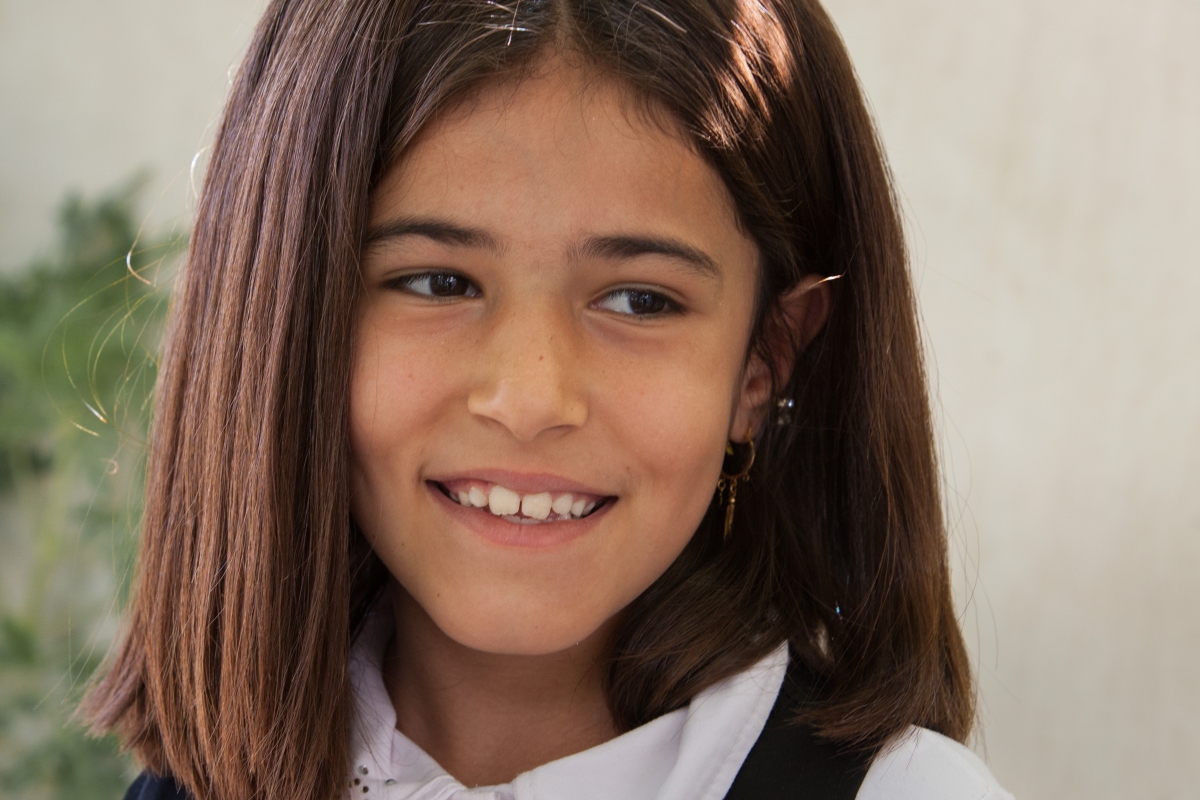
Don’t Give Up, There Is Still Hope
After a year of working with her, she is now able to feed herself, shower independently and help with cleaning around the house! When we first started working with her,
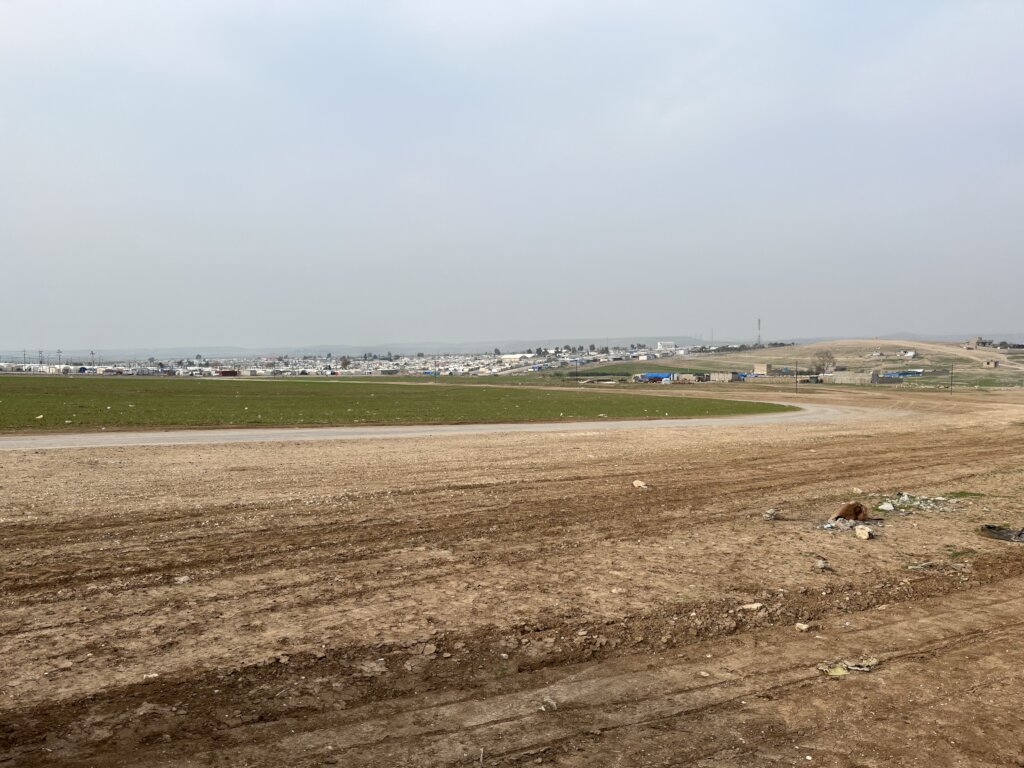
How a Mother’s Life Was Changed
On his own, he began to stand up and to hold himself on the wall.
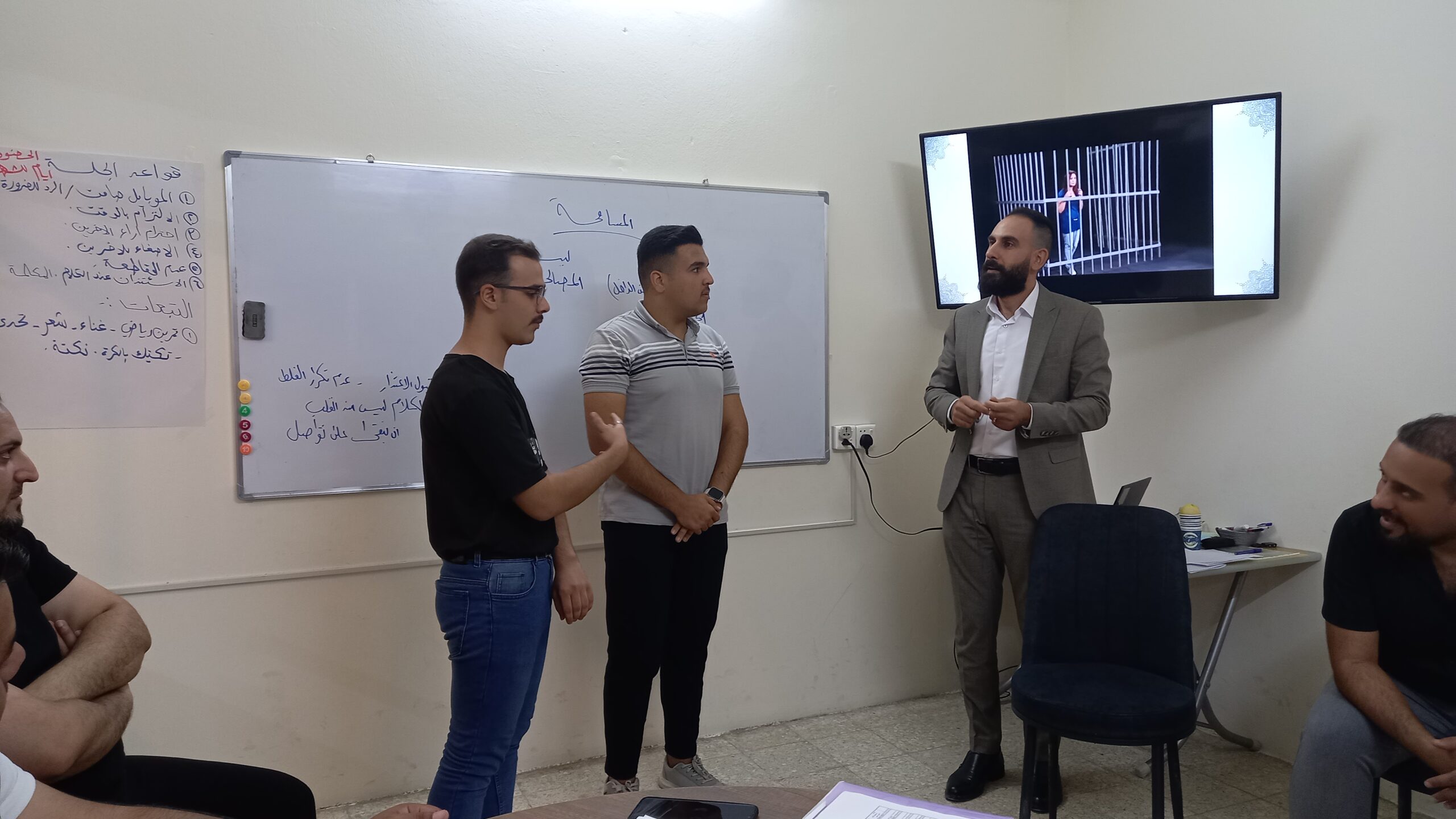
Rescued From Revenge
After forgiving, Enam no longer desires to take revenge and now even prays for her former husband.
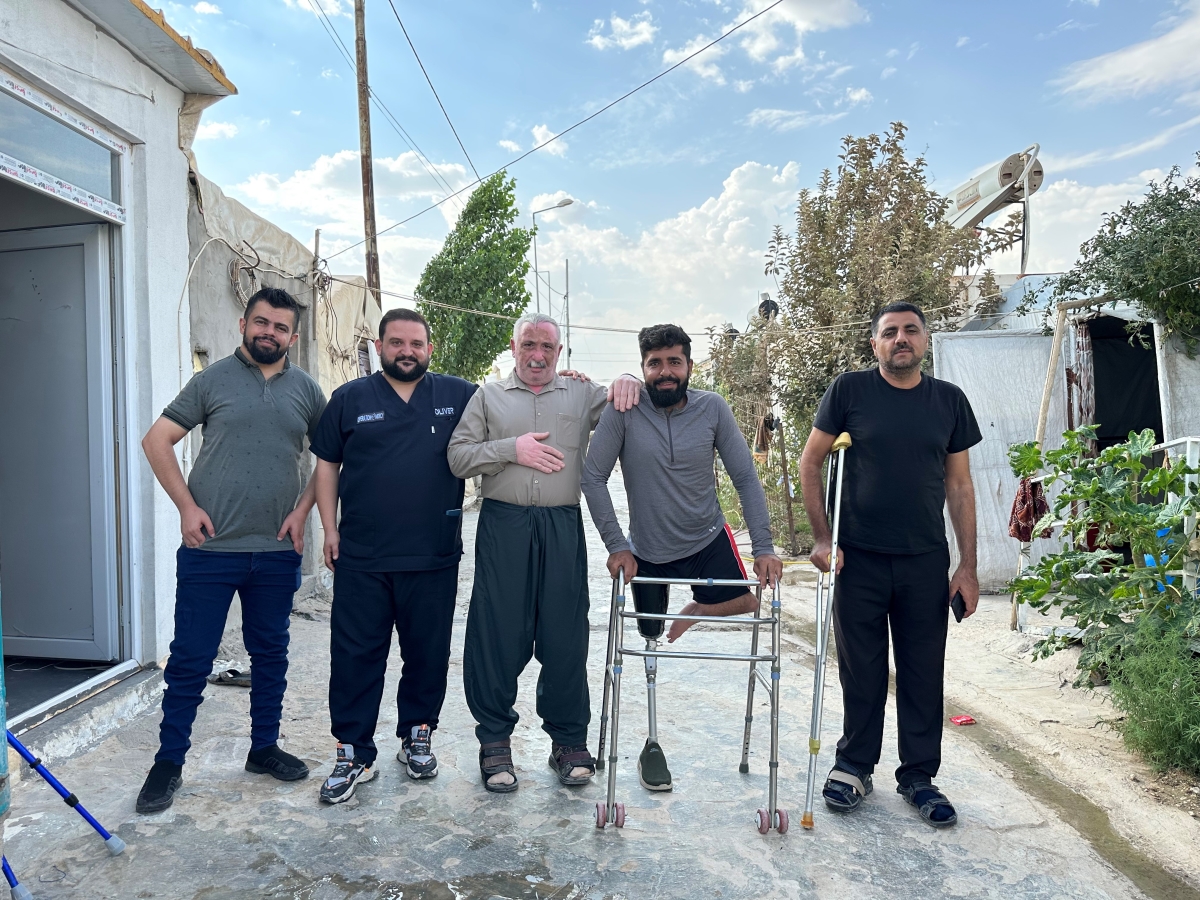
Trust is Built Through Peer Groups
This group of four men became eager to meet each other and friendship was formed.
